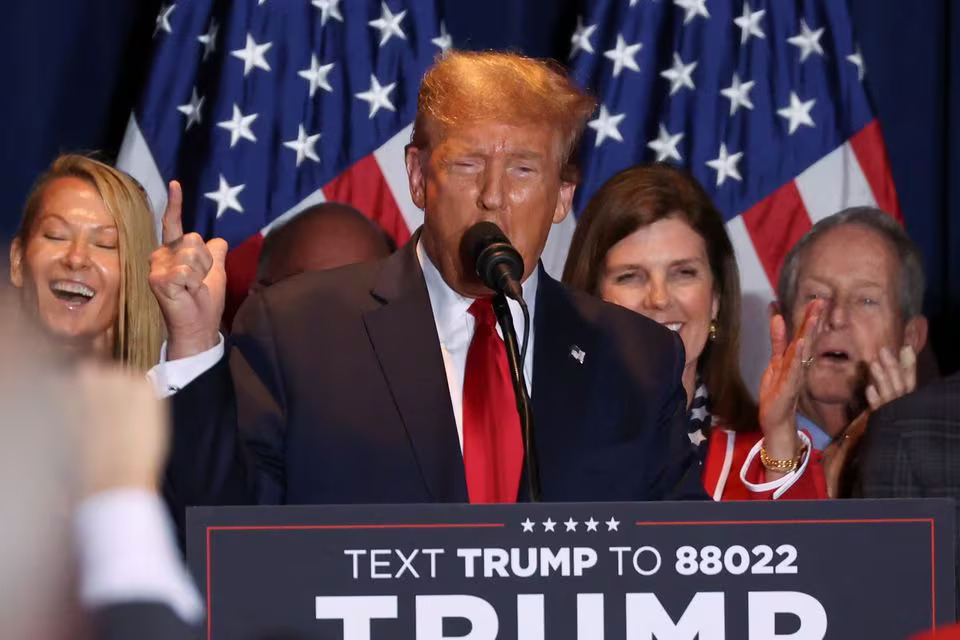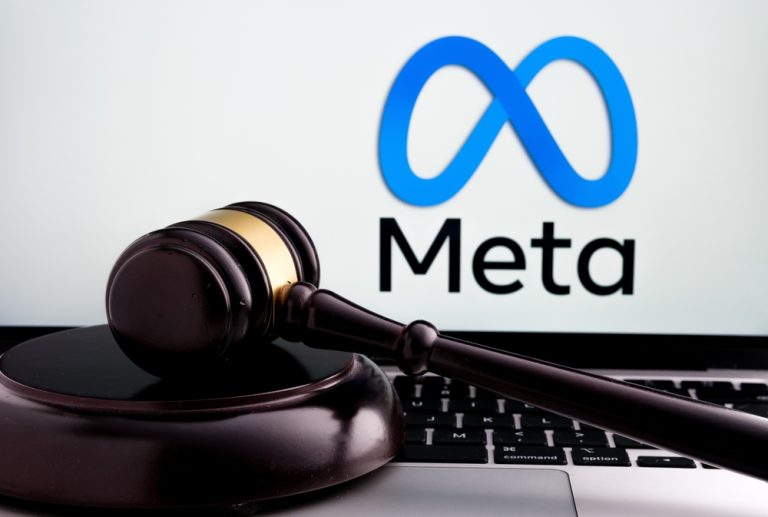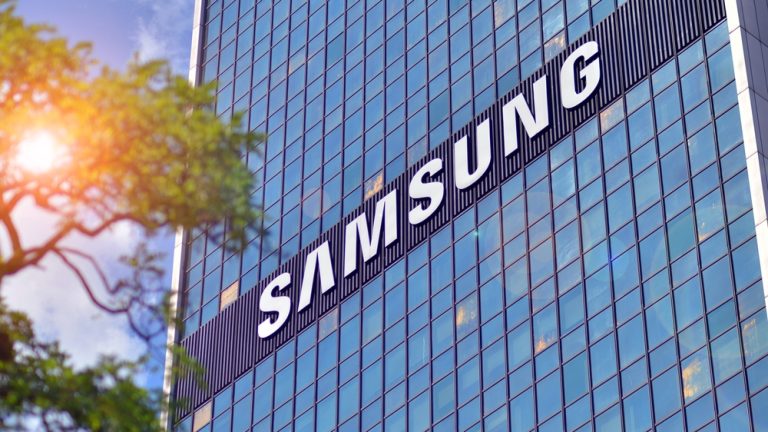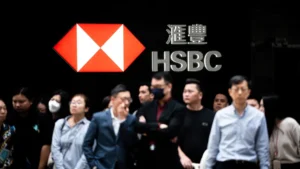In an unprecedented move, prosecutors have requested a gag order against former President Donald Trump in the New York hush money trial, aiming to prevent him from publicly discussing witnesses or revealing jurors’ identities. The request, part of the legal proceedings surrounding allegations of Trump paying hush money to porn star Stormy Daniels, underscores the intense scrutiny and legal complexities of this high-profile case.
Manhattan District Attorney Alvin Bragg’s office has cited Trump’s “longstanding history of attacking witnesses, investigators, prosecutors, judges and others involved in legal proceedings against him” as a primary reason for this request. The trial, set to begin on March 25, will explore accusations against Trump for falsifying business records to conceal a $130,000 payment to Daniels, intended to keep her silent about an alleged sexual encounter. Trump, who has pleaded not guilty, denies any such relationship with Daniels.
Responding to the prosecutors’ request, Steven Cheung, a spokesperson for Trump’s campaign, labelled the potential gag order as an infringement on Trump’s right to free speech, calling it “election interference pure and simple.” The legal battles come as Trump seeks to secure the Republican nomination for the upcoming presidential election, positioning himself as a formidable opponent to incumbent President Joe Biden.
Justice Juan Merchan, overseeing the case, previously rejected Trump’s plea to dismiss the charges, highlighting the legal challenges Trump faces as he navigates multiple criminal cases. The requested gag order, if approved, would significantly limit Trump’s ability to comment on the proceedings, echoing similar restrictions imposed in other cases against him.
The district attorney’s efforts to protect jurors and court staff from potential intimidation or threats by restricting Trump’s comments underscore the delicate balance between free speech rights and the integrity of the judicial process. The case not only delves into alleged efforts by Trump to silence allegations of extramarital affairs but also reflects broader concerns about the influence of influential individuals on legal outcomes and public opinion.
As the trial approaches, this case’s legal strategies and court rulings will undoubtedly have far-reaching implications for Donald Trump’s political future and the broader discourse on justice and accountability in high-profile legal battles.






















